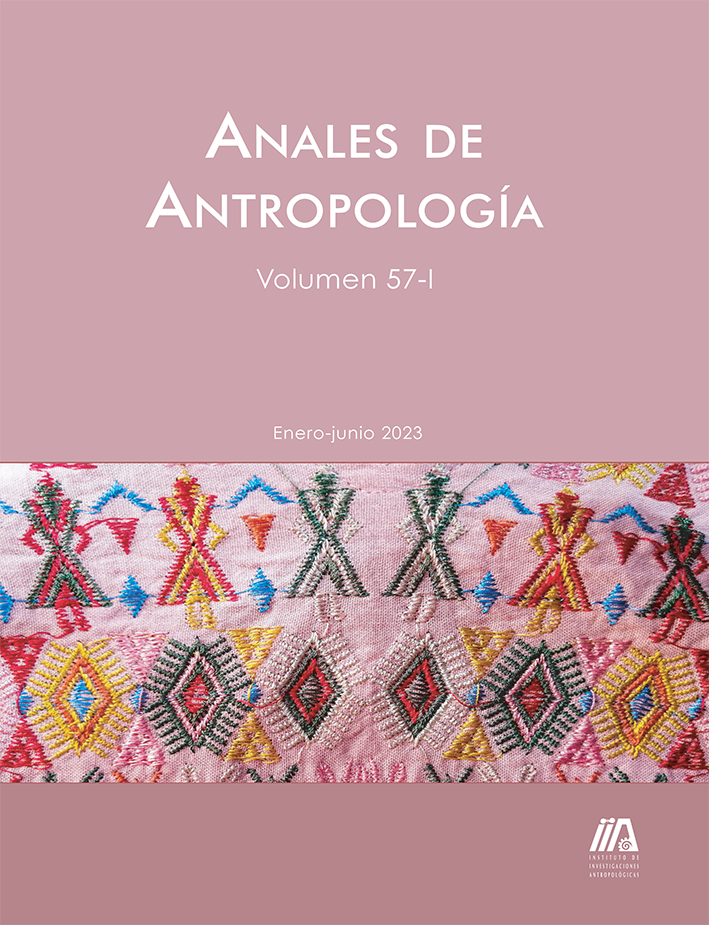From myth to armadillo conservation in the Otomí-Mazahua region
Main Article Content
Abstract
The Otomí-Mazahua peoples who live in the State of Mexico maintain a bond with their natural environment that goes beyond the division between humans and animals; This interspecies relationship allows us to understand how, in indigenous thought, the wildlife in this case represented by the armadillo has a very particular connection recognized in the mythical and ritual oral tradition that allows us to understand the importance of the conservation of the armadillo in a habitat in the that humans and animals interact. Through an ethnographic investigation and bibliographical works, the research was carried out with the objective of understanding what are the links between the animal and the human that allow the conservation of the species from the Otomí-Mazahua perspective, to answer the question we base in the fundamental precept of analyzing the mythical issues, rituals, uses and biology of the armadillo in order to find elements for its conservation.
Downloads
Article Details
Citas en Dimensions Service

This work is licensed under a Creative Commons Attribution 4.0 International License.
Esta revista usa una licencia CC del tipo CC BY-NC-ND 3.0. Se maneja bajo el esquema de acceso abierto, con una licencia Creative Commons Attribution-NonCommercial-NoDerivs 3.0 Unported.
